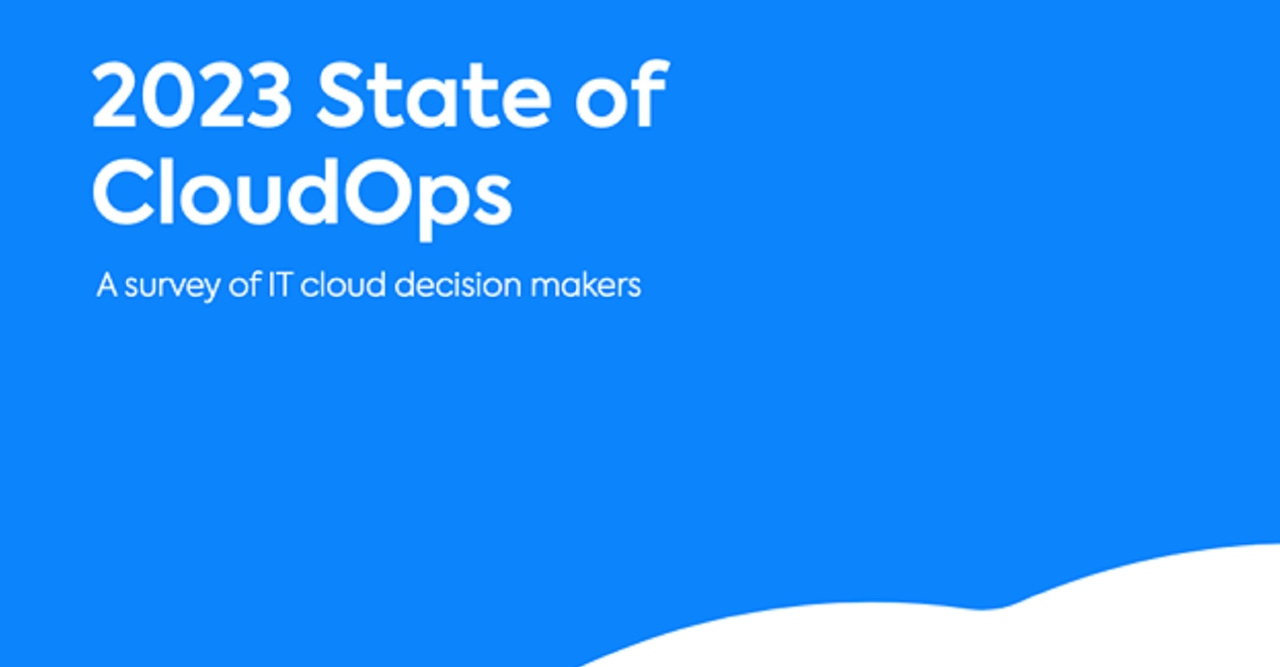NetApp State of CloudOps Report Reveals Challenges and OpportunitiesNetApp State of CloudOps Report Reveals Challenges and Opportunities
While overall confidence in CloudOps is improving, many organizations continue to struggle with issues such as security, compliance, and cost controls.

According to the2023 State of CloudOps report from Spot by NetApp, there is growing confidence among IT decision-makers about operating in the cloud, though many challenges still remain.
CloudOps is all about how organizations manage and operate workflows in the cloud as part of business operations. One of the biggest findings in the 2023 State of CloudOps report, which was released on June 7, is that 33% of surveyed executives reported being "very confident" about public cloud operations, up from 21% in the 2022 survey. The report also identifies what organizations need to do to be successful in the cloud and where they struggle.
"Executives are still not confident in their ability to effectively utilize public clouds — merely 33% of executives feel 'very confident' about operating in a public cloud environment," Kevin McGrath, vice president and general manager for Spot by NetApp, told ITProToday. "Though this is an improvement from last year's 21%, it confirms that most organizations still have work to do to reach CloudOps maturity."
The following are key takeaways from Spot by NetApp's 2023 State of CloudOps report:
Cloud operations remain a struggle for IT teams, with security and compliance as top issues.
Automation is the key to success in cloud operations.
Enterprise teams recognize the value of FinOps and cloud cost management.
State of CloudOps Report Identifies Cloud Operations Challenges
One particularly surprising finding in the report is that 98% of enterprises admit to facing challenges when it comes to CloudOps, driven by several specific challenges, according to McGrath.
The primary issues that the research found are security and compliance (64%), cost management (60%), and handling multicloud or hybrid cloud infrastructure (53%). McGrath noted that those are all complicated issues themselves, but they're made even more challenging by the burdens they're putting on operations teams. According to the report, 43% of organizations indicated that they struggle with operational efficiency, while 38% report a lack of cloud operations expertise.
"To combat these challenges, organizations must commit to implementing a holistic approach to CloudOps," McGrath said.

McGrath-NetApp
The holistic approach is one that balances speed and agility with the need to meet service-level objectives and budget and security requirements. Interestingly, he said the data shows that 43% of cloud stakeholders are confident automation can significantly help address their skill and resource gaps, enabling better management and greater success in cloud environments.
Everyone Wants FinOps, but Few Are Implementing It
In terms of budgets and cloud cost management, that's an area where the concept ofFinOps is gaining traction.
The report found that 96% of tech executives acknowledge the importance of FinOps for their cloud strategy. However, only 9% say that they have a mature FinOps practice.
"One of the key hurdles is figuring out what to do once you've gotten visibility into costs — just knowing what your costs are doesn't always make it clear what to do with that information," McGrath said. "Another critical hurdle is making FinOps something that isn't just a reactive or one-time effort."
The way forward is for organizations to embed FinOps into operations. A key way people are doing that is via automation, with McGrath noting that 84% of cloud stakeholders are either currently automating or planning to automate crucial FinOps processes.
CloudOps vs. ITOps: What's the Difference in 2023?
As the cloud becomes increasingly pervasive, being part of nearly every organization, how CloudOps fits in can vary.
There are a lot of ways that CloudOps teams can fit into an organization. McGrath said that in some cases, they sit inside ITOps teams as specialists focused on the cloud. In other cases, they are located within DevOps or platform engineering teams, and in some larger organizations, they may sit inside a Cloud Center of Excellence (CCoE), he said.
"Most importantly, CloudOps is not just a role or team, it's also a framework and approach that requires a collaborative effort across a variety of stakeholders," McGrath said.
About the Author
You May Also Like








.jpg?width=700&auto=webp&quality=80&disable=upscale)
